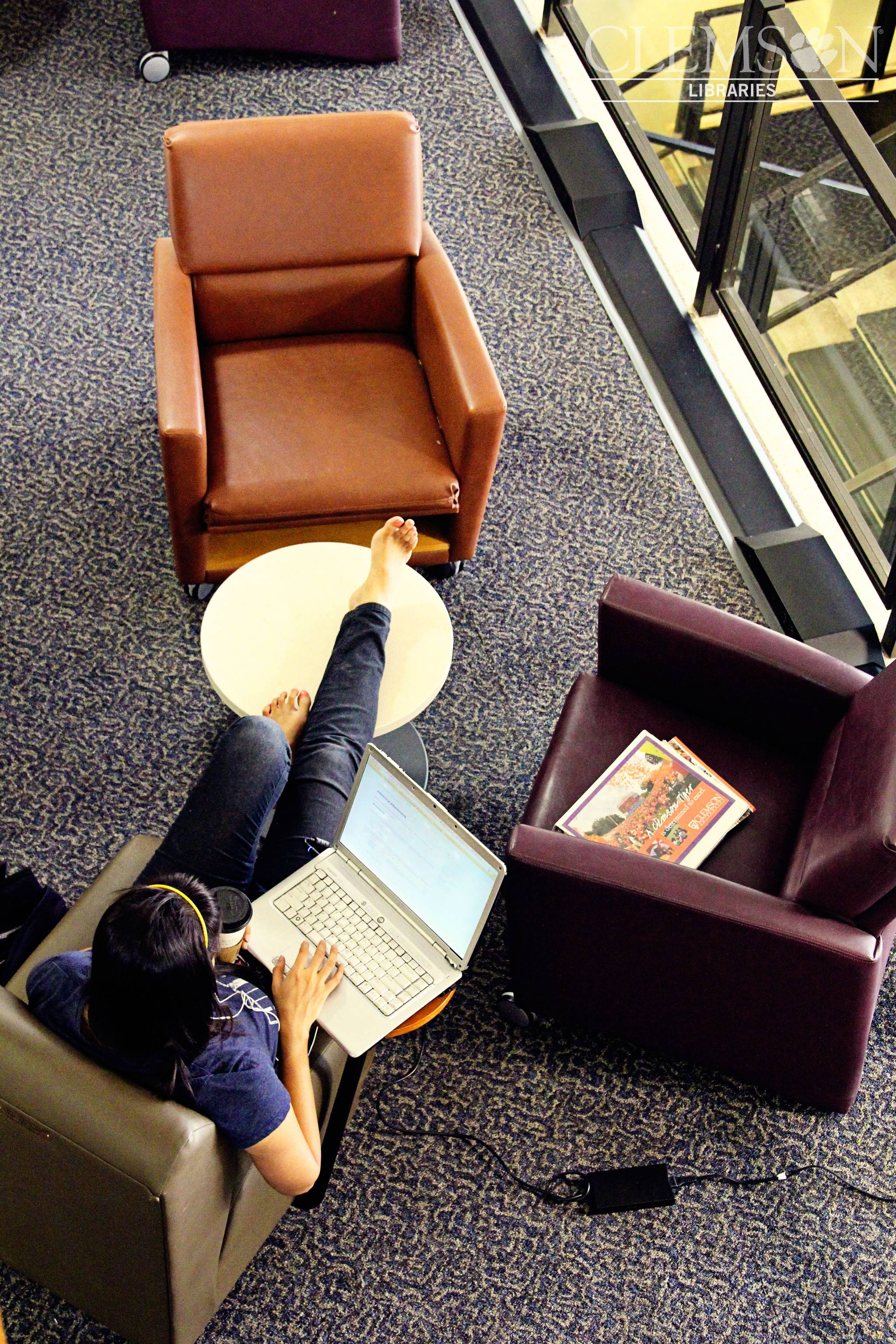
Cybersecurity, once reserved exclusively for the paranoid and the nerdy, is a growing priority. As the evolution of tech means that everything from your kettle to your car is open to cyberthreats, people are finally paying attention. Only earlier this month, Vizio – an international television brand – was fined a total of $3.7 million for the 11 million TVs it sold that were tracking users’ viewing habits without their consent.
Professor Martyn Thomas, a world-renowned expert in software engineering and cybersecurity, recently spoke about how concerns around privacy and data are evolving at the Museum of London. With over thirty years’ rich and varied experience within the IT industry – founding multiple software engineering and consultancy companies and advising government departments on cybersecurity issues – Professor Thomas shared his insights on the sweet spot between big data and security.
There’s money to be made from personal data. Consequently, organisations and criminals alike want access to our online information; a Facebook account is worth more than a whole bundle of credit cards on the black market, because of the data it provides. Professor Thomas highlighted the trade-off between privacy – having largely anonymous online lives – and security – having enough personal data available to identify cyberthreats. "Cyberspace is already far too important for it to be left unregulated and unpoliced and, to be effective, policing in cyberspace must breach the privacy of cybercriminals." But how much of our personal data do we want to be accessible? And what implications might this have for the commercial use of our data?
Since Edward Snowden's leaks in 2013, people have gradually begun to pay more attention to cybersecurity and how their data could be used in the wrong hands. In the US, 51% of people admitted to worrying about data breaches in 2016, while 73% worry about making purchases online, and over two-thirds (69%) say they're concerned about using public Wi-Fi while accessing online accounts. But people are still failing to fully understand the importance of the threat – in the UK, more people (60%) believe they are likely to fall victim to a physical home break-in than a digital crime (37%), even though, in reality, the risks are about the same.
Not to mention the fact that people are often willing to give up their data in exchange for personalisation, convenience or both; 85% of online users believe data tracking is necessary for personalisation. And while Vizio paid the price for its exploitation of personal data, people are generally happy for organisations to have access to their personal data, provided they’re up front about it (which is where Vizio slipped up). A full 52% believe their personal information can be used to negotiate better deals with brands.
Charles Pickering is a researcher at Canvas8. He previously completed a Masters degree in cognitive and evolutionary anthropology at Oxford, and loves a good dataset.



